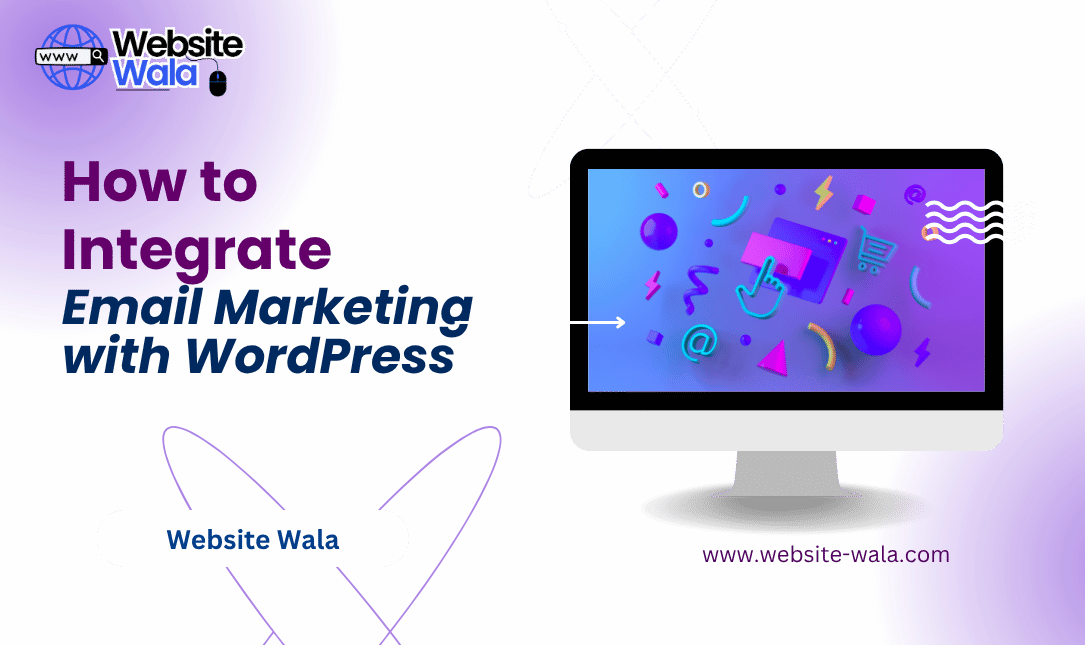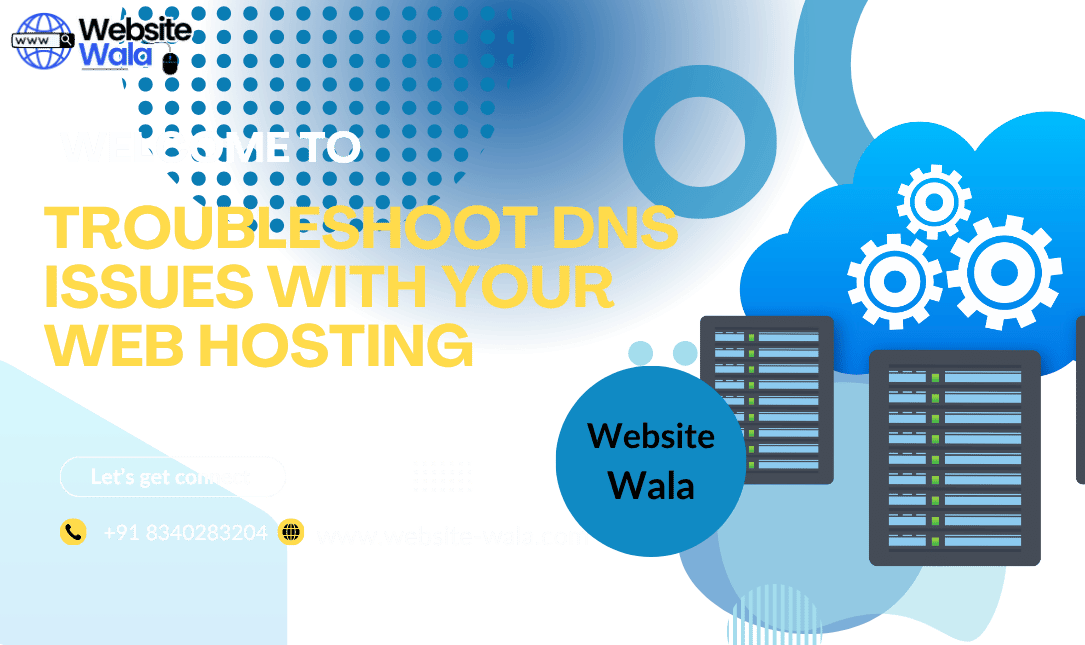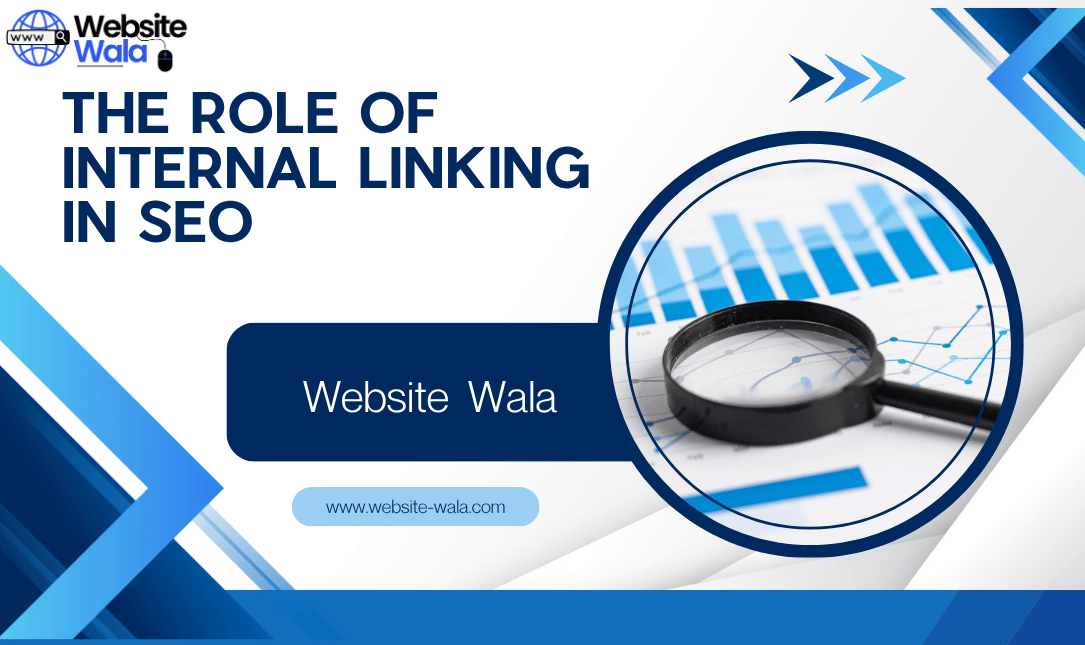
Learn How to Improve Your Website’s Load Time with Hosting Optimization to speed up your site, enhance user experience, and boost SEO ranking effectively.
Introduction: Why Website Load Time Matters
In today’s fast-paced digital world, users expect instant access to information. A delay of even one second in your website’s loading speed can significantly impact your bounce rates, conversions, and SEO performance. That’s why understanding How to Improve Your Website’s Load Time with Hosting Optimization is crucial for every website owner. By focusing on website load time optimization through effective hosting optimization, you can improve website speed, increase website performance, and ultimately boost SEO ranking.
This article will explore in detail How to Improve Your Website’s Load Time with Hosting Optimization, along with practical website load time tips and strategies to optimize hosting for speed and enhance user experience.
Understanding Website Load Time and Hosting’s Role
Before diving into How to Improve Your Website’s Load Time with Hosting Optimization, it’s important to understand what determines load time. Website load time optimization depends on several factors, including server response time, hosting type, website code efficiency, and content delivery methods.
Your web hosting provider plays a pivotal role in how fast your website loads. Shared hosting, for instance, can slow down your website because you share resources with many other sites. Conversely, a dedicated or cloud hosting environment allows more resources, leading to better website hosting performance. Therefore, one of the first steps in improving website load time is to evaluate and upgrade your hosting plan.
1. Choose the Right Hosting Type for Speed
The foundation of How to Improve Your Website’s Load Time with Hosting Optimization begins with selecting the right hosting plan. Different hosting types offer varying levels of performance:
-
Shared Hosting: Affordable but slower due to shared resources.
-
VPS (Virtual Private Server): Offers better website hosting performance by allocating dedicated resources virtually.
-
Dedicated Hosting: High performance but costlier; suitable for large websites with heavy traffic.
-
Cloud Hosting: Scalable and reliable, ensuring better uptime and the ability to increase website performance seamlessly.
If your goal is to speed up website performance, investing in VPS or cloud hosting is often the best hosting optimization decision.
2. Optimize Server Location for Better Response Times
A key aspect of How to Improve Your Website’s Load Time with Hosting Optimization is server proximity. The physical distance between your server and your target audience affects how quickly data travels.
Choose a hosting provider with data centers near your primary audience. Alternatively, use a Content Delivery Network (CDN) to distribute your content globally, ensuring users can improve site speed no matter their location. This simple website optimization for faster loading technique can dramatically reduce latency and enhance user experience.
3. Enable Caching for Faster Load Times
Caching is a proven method to improve website load time by storing frequently accessed data. When a user revisits your site, cached content loads instantly without reprocessing the same data.
Your hosting provider may offer built-in caching tools or compatibility with plugins like WP Super Cache or LiteSpeed Cache. Proper hosting optimization through caching can drastically increase website performance and speed up website response times.
4. Use a Lightweight Hosting Stack
Another essential strategy in How to Improve Your Website’s Load Time with Hosting Optimization is using a lightweight software stack. For example:
-
LiteSpeed or Nginx servers outperform traditional Apache servers in many scenarios.
-
Using the latest PHP versions improves processing efficiency.
-
Employing optimized database management systems like MariaDB or MySQL enhances response times.
Selecting the right combination ensures your server can improve website speed and boost SEO ranking without overloading resources.
5. Upgrade Hosting Resources When Needed
If your website has outgrown its current plan, performance issues will inevitably arise. Monitoring metrics like CPU usage, memory, and bandwidth helps identify when it’s time for an upgrade.
A hosting upgrade can increase website performance and handle higher traffic volumes effectively. This proactive approach is a core principle in How to Improve Your Website’s Load Time with Hosting Optimization and ensures consistent performance during peak times.
6. Implement Content Delivery Networks (CDNs)
CDNs are vital tools in website load time optimization. They distribute your website’s content across multiple servers worldwide, reducing the distance between the user and your data source.
By integrating a CDN, you can improve website load time, speed up website access, and enhance user experience significantly. Popular CDNs like Cloudflare or Akamai are easy to integrate with most hosting providers and complement hosting optimization perfectly.
7. Use SSD Hosting for Faster Data Access
Traditional hard drives (HDDs) are slower compared to Solid State Drives (SSDs). Many modern hosting providers now offer SSD storage as part of their website hosting performance packages.
Switching to SSD hosting is a smart way to improve website speed since SSDs read and write data much faster than HDDs. This change alone can have a noticeable impact on how quickly your pages load, aligning perfectly with How to Improve Your Website’s Load Time with Hosting Optimization.
8. Monitor and Analyze Website Performance
Continuous monitoring is essential for maintaining website load time optimization. Tools like Google PageSpeed Insights, GTmetrix, or Pingdom help you identify bottlenecks and offer actionable website load time tips.
By analyzing your site’s performance, you can pinpoint areas for hosting optimization and ensure your hosting environment continues to improve website load time efficiently.
9. Optimize Databases and Scripts
An overlooked aspect of How to Improve Your Website’s Load Time with Hosting Optimization is database maintenance. Over time, databases accumulate redundant data that can slow down your website.
Regularly clean and optimize your database using tools like phpMyAdmin or plugins such as WP-Optimize. Similarly, minimize and compress your JavaScript, CSS, and HTML files to increase website performance and improve site speed.
10. Choose a Reliable Hosting Provider
Lastly, your choice of hosting provider determines how effective your optimization efforts will be. Reliable hosting companies offer features such as:
-
99.9% uptime guarantees
-
Built-in CDN and caching
-
SSD storage
-
Scalable resources
-
Expert technical support
These features collectively support How to Improve Your Website’s Load Time with Hosting Optimization and ensure consistent, fast website performance that can boost SEO ranking and enhance user experience.
Conclusion: Build a Faster, More Reliable Website
Mastering How to Improve Your Website’s Load Time with Hosting Optimization is not just about upgrading plans—it’s about making strategic choices that align with your site’s goals. From selecting the right hosting type and server location to implementing caching, CDNs, and SSD storage, every decision contributes to website optimization for faster loading.
By prioritizing hosting optimization, you can improve website load time, increase website performance, and speed up website access for users worldwide. The result is not only a smoother experience for your visitors but also a significant boost in SEO ranking and overall digital success.
In the end, learning How to Improve Your Website’s Load Time with Hosting Optimization empowers you to create a site that loads quickly, performs efficiently, and stands out in search results—giving your business the competitive edge it deserves.























